![Frith, Fred: Guitar Solos/Fifty [VINYL 2 LPs] (Week-End Records) Frith, Fred: Guitar Solos/Fifty [VINYL 2 LPs] (Week-End Records)](https://www.teuthida.com/productImages/misc4/34318.jpg)
While still a member of Henry Cow, guitarist Fred Frith released his first solo album simply titled Guitar Solos in 1974, a remarkable album of expression through preparations, treatments and effects; 50 years later Frith expands on that album with new compositions using a similar setup as the original, paired in this 2-LP release with the remastered original album.
In Stock
Quantity in Basket: None
Log In to use our Wish List
Shipping Weight: 34.00 units
EU & UK Customers:
Discogs.com can handle your VAT payments
So please order through Discogs
Sample The Album:
Fred Frith-guitar, prepared guitar, composer
Click an artist name above to see in-stock items for that artist.
UPC: 4250101463655
Label: Week-End Records
Catalog ID: WE 005LP
Squidco Product Code: 34318
Format: 2 LPs
Condition: New
Released: 2024
Country: Germany
Packaging: Double LP in single Sleeve
Sides A and B recorded in 1974, sides C and D recorded in 2024.
"Guitar Solos is the debut solo album of British guitarist, composer, and improviser Fred Frith. It was recorded while Frith was still a member of the English experimental rock group Henry Cow and was released originally in October 1974. Voted one of the best albums of 1974 by NME critics it also attracted the attention of Brian Eno, resulting in Frith playing guitar on two of Eno's albums.
Frith's never tiring spirit in creating and performing music has made him one of the most notable and creative guitar players and musicians in the scene of improvised and composed music. For the anniversary of this release, Week-End Records have encouraged Frith to arrange a set up similar to what he used 50 years ago to record an album of new compositions which will accompany the original record."-Week-End Records
"There was a record called Guitar Solos, which I made in 1974. At that point, Henry Cow had recently signed to Virgin Records, and as is typical of a major record company, they had decided that they wanted to have the guitarist make a solo record. They thought that rock guitar players should make solo records, because it's "cool." But they had no idea what they were getting into in my case. I gave this to myself as a kind of challenge. I gave myself two weeks in which I would try to completely redefine for myself what I thought a guitar could do, and then I would go into a studio and record it.
One of the things that came out of that period is that I started to experiment with laying guitars on the floor. What I started to discover, when I no longer had the guitar in the "playing" position, is that there were things you could do which no longer were concerned with gesture. Gesture, to me, seemed to be very important. Your playing gesture, the way in which you produce sound is tied to a whole bunch of assumptions about technique, and once you lose those assumptions, interesting things start to happen.
One of the things I did for that record, was I laid two guitars flat on the ground, with their necks coming from opposite directions. So I had these two necks, which were basically like keyboards, and I started preparing them. I'd seen David Toop, who opened for Henry Cow at a concert in 1971, using alligator clips on his guitar. That led me into a whole thing about, if the alligator clip could produce a sound out of an electric guitar which sounds like a gong, then there must be all kinds of things you can do to a guitar, which are going to do comparably interesting things. So I started to try out everything. I used sticks, bits of glass, metal, springs, chains, and all the things which have become a part of my vocabulary ever since. Dropping things on the guitars came later.
I don't think anymore, when I'm playing a guitar with a paintbrush, or pouring rice on it, that there's anything unusual about it. It's just like using a pick for me. For somebody who's not used to this, seeing someone play a guitar with a paintbrush is kind of funny. And I have no desire for them not to find it funny. I mean, I don't want to impose any restrictions on how people react to what they perceive. But something I observed when I started performing solo concerts is the palpable relief that people feel when they understand that this is not going to be difficult. That they don't have to be genius to understand it.
Because there is a lot of preconception about "new music" being cerebral, but once you come into a room and find that it's ok to laugh, that can be a very big relief, and I like that. The only problem is that once people start laughing, it's very difficult to get them to stop. You have to learn to project a certain kind of intensity, which creates a tension between the thing which they are finding funny, and make it also perhaps feel a little bit dangerous."-from Interview Freedom In Fragments: Steve Elkins Interviews Fred Oakland, California December 2004
Artist Biographies
• Show Bio for Fred Frith "Though the point of reference for many remains the iconic band Henry Cow, which he co-founded in 1968 and which broke up more than 30 years ago, Fred Frith has never really stood still for an instant. In bands such as Art Bears, Massacre, Skeleton Crew, Keep the Dog, Tense Serenity, the Fred Frith Guitar Quartet, Eye to Ear, and most recently Cosa Brava, he has always held true to his roots in rock and folk music, while exploring influences that range from the literary works of Eduardo Galeano to the art installations of Cornelia Parker. The release of the seminal Guitar Solos in 1974 enabled him to simultaneously carve out a place for himself in the international improvised music scene, not only as an acclaimed solo performer but in the company of artists as diverse as Han Bennink, Chris Cutler, Jean-Pierre Drouet, Evelyn Glennie, Ikue Mori, Louis Sclavis, Stevie Wishart, Wu Fei, Camel Zekri, John Zorn, and scores of others. He has also developed a personal compositional language in works written for Arditti Quartet, Asko Ensemble, Bang on a Can All-Stars, Ensemble Modern, Concerto Köln, and ROVA Sax Quartet, for example. Fred has been active as a composer for dance since the early 1980s, working with choreographers Bebe Miller, François Verret, and especially long-time collaborator and friend Amanda Miller, with whom he has created a compelling body of work over the last twenty years. His film soundtracks (for award-winning films like Thomas Riedelsheimer's Rivers and Tides and Touch the Sound, Peter Mettler's Gambling, Gods, and LSD, and Deborah Kaufman and Alan Snitow's Thirst, to name a few) won him a lifetime achievement award from Prague's "Music on Film, Film on Music" Festival (MOFFOM) in 2007. The following year he received Italy's Demetrio Stratos Prize (previously given to Diamanda Galas and Meredith Monk) for his life's work in experimental music, and in 2010 was awarded an honorary doctorate from the University of Huddersfield in his home county of Yorkshire. Fred currently teaches in the Music Department at Mills College in Oakland, California (renowned for over fifty years as the epicenter of the American experimental tradition), and in the Musik Akademie in Basel, Switzerland." ^ Hide Bio for Fred Frith
4/9/2025
Have a better biography or biography source? Please Contact Us so that we can update this biography.
Track Listing:
SIDE A
1. Hello Music 1:31
2. Glass C/W Steel 5:36
3. Ghosts 3:11
4. Out Of Their Heads (On Locoweed) 8:31
SIDE B
1. Not Forgotten 1:55
2. Hollow Music 2:44
3. Heat C/W Moment 1:42
4. No Birds 12:42
SIDE C
1. Dawns 3:30
2. Outer Order 4:28
3. Tempus Fugit 2:41
4. Quicksilver (For Simone) 2:04
5. Unterwegs (For Roman) 3:52
6. Phalaropes 1:33
SIDE D
1. Jack's Neap Tide 2:08
2. Schlechte Gewissen 2:24
3. Move Indigo 3:54
4. To Do 1:39
5. The Map Of Dreams 3:28
5. Locomoting 4:07
7. Dusks 1:51
Vinyl Recordings
Improvised Music
Free Improvisation
Electro-Acoustic Improv
Guitarists, &c.
Instruments with Preparations
Frith, Fred
RIO (Rock in Opposition)
London & UK Improv & Related Scenes
Solo Artist Recordings
Staff Picks & Recommended Items
New in Experimental & Electronic Music
Search for other titles on the label:
Week-End Records.


![Frith, Fred: Guitar Solos/Fifty [VINYL 2 LPs] (Week-End Records) Frith, Fred: Guitar Solos/Fifty [VINYL 2 LPs] (Week-End Records)](https://www.teuthida.com/productImages/full/34318.Full.jpg)
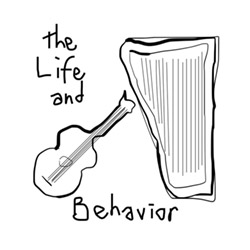


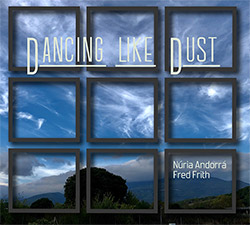


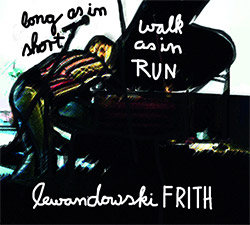
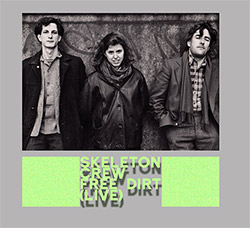




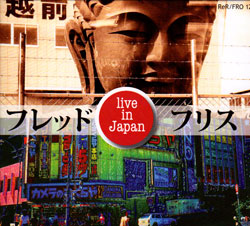
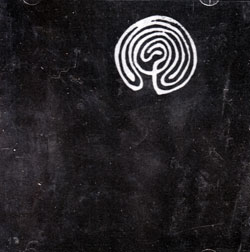
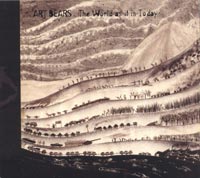
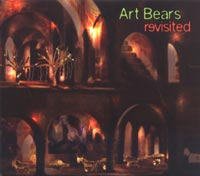
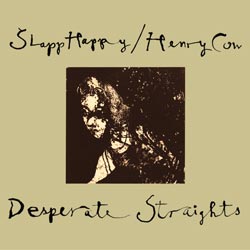
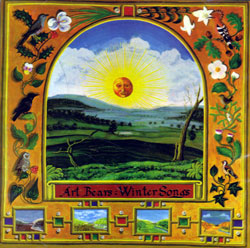
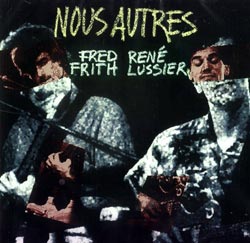


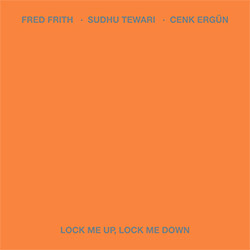
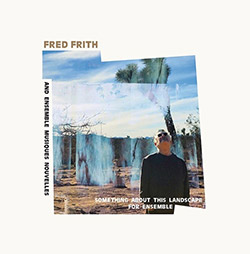

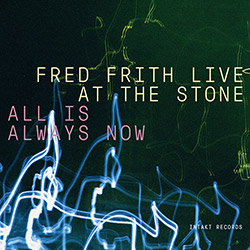
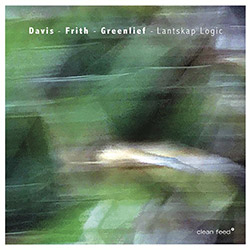



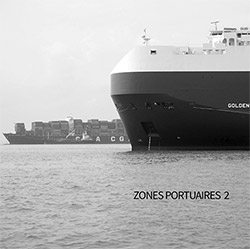
![111 (Michelle / Villamil): Live at Opus 40 [CASSETTE]](https://www.teuthida.com/productImages/misc4/35986.jpg)
![del Pino, Francisco / Charlotte Mundy: The Sea [CASSETTE]](https://www.teuthida.com/productImages/misc4/35987.jpg)

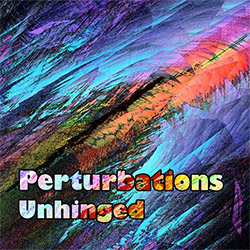

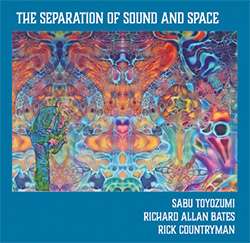
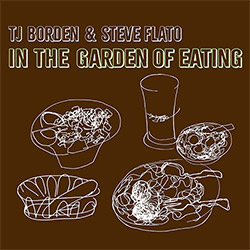

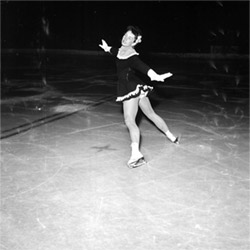
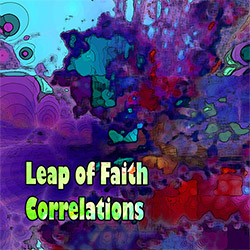

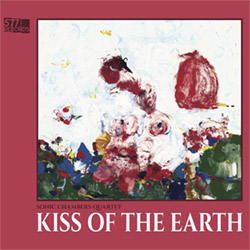

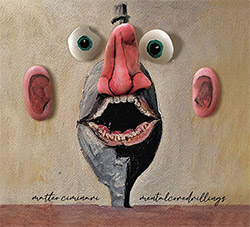
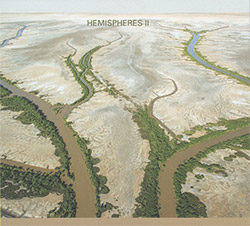
![Niblock, Phill / Anna Clementi / Thomas Stern: Zound Delta 2 [VINYL]](https://www.teuthida.com/productImages/misc4/34623.jpg)
![Yoko, Ono / The Great Learning Orchestra: Selected Recordings From Grapefruit [2 CDs]](https://www.teuthida.com/productImages/misc4/35841.jpg)

![Brotzmann, Peter / John Edwards / Steve Noble / Jason Adasiewicz: The Quartet [2 CDs]](https://www.teuthida.com/productImages/misc4/35975.jpg)
![Brotzmann, Peter / John Edwards / Steve Noble / Jason Adasiewicz: The Quartet [VINYL 2 LPs]](https://www.teuthida.com/productImages/misc4/35976.jpg)
![Thomas, Pat: The Solar Model of Ibn-Al Shatir [VINYL]](https://www.teuthida.com/productImages/misc4/36044.jpg)
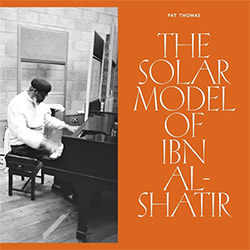



![Rodrigues, Ernesto / Nuno Torres / Guilherme Rodrigues: Whispers In The Moonlight - In Seven Movements [2CDs]](https://www.teuthida.com/productImages/misc4/35765.jpg)



![Cocks, Laura: FATHM [VINYL]](https://www.teuthida.com/productImages/misc4/36055.jpg)













![Schindler, Udo / Sandy Ewen / Damon Smith: Munich Sound Studies Vols. 4, 5 & 6 [3 CDs]](https://www.teuthida.com/productImages/misc4/35966.jpg)
![Turbulence Orchestra & Sub-Units: Smear Out the Difficulties (Double Live) [2 CDs]](https://www.teuthida.com/productImages/misc4/36048.jpg)

![Myers, David Lee : Tin Drop Tear [BOOK w/ DOWNLOAD]](https://www.teuthida.com/productImages/misc4/36030.jpg)

![Ackerley / Prymek / Turner: All Hope With Sleeping Minds [CASSETTE]](https://www.teuthida.com/productImages/misc4/35950.jpg)








![Olencki, Weston : Pearls Ground Down To Powder [VINYL]](https://www.teuthida.com/productImages/misc4/35956.jpg)
![Myers, David Lee: Oculus [2CDs]](https://www.teuthida.com/productImages/misc4/35857.jpg)


![dustsceawung: dustsceawung [CASSETTE w/ Download]](https://www.teuthida.com/productImages/misc4/35753.jpg)




![Halls of the Machine: Atmospheres For Lovers And Sleepers [CASSETTE w/ DOWNLOAD]](https://www.teuthida.com/productImages/misc4/35806.jpg)











![Zorn, John / JACK Quartet: The Complete String Quartets [2 CDs]](https://www.teuthida.com/productImages/misc4/35609.jpg)

![Lonsdale, Eden: Dawnings [2 CDs]](https://www.teuthida.com/productImages/misc4/35480.jpg)







![Sanna, Claudio: Compositori Sardi Contemporanei II [2 CDs]](https://www.teuthida.com/productImages/misc4/35317.jpg)







![Zurria, Manuel: Fame di Vento [3 CDs]](https://www.teuthida.com/productImages/misc4/35167.jpg)

![Electric Bird Noise / Derek Roddy: 8-10-22 [CD EP]](https://www.teuthida.com/productImages/misc4/35970.jpg)







![Elephant9 : Mythical River [VINYL]](https://www.teuthida.com/productImages/misc4/34624.jpg)


![Elephant9 with Terje Rypdal: Catching Fire [VINYL 2 LPs]](https://www.teuthida.com/productImages/misc4/35355.jpg)
![Deerlady (Obomsawin, Mali / Magdalena Abrego): Greatest Hits [VINYL]](https://www.teuthida.com/productImages/misc4/34876.jpg)







![Staiano, Moe: Away Towards the Light [VINYL + DOWNLOAD]](https://www.teuthida.com/productImages/misc4/35037.jpg)



![Caveira (Gomes / Sousa / Abras / Ferrandini): Ficar Vivo [VINYL]](https://www.teuthida.com/productImages/misc4/34643.jpg)
![Coley, Byron: Dating Tips for Touring Bands [VINYL]](https://www.teuthida.com/productImages/misc4/17906.jpg)

![Lost Kisses: My Life is Sad & Funny [DVD]](https://www.teuthida.com/productImages/misc4/lostKissesDVD.jpg)